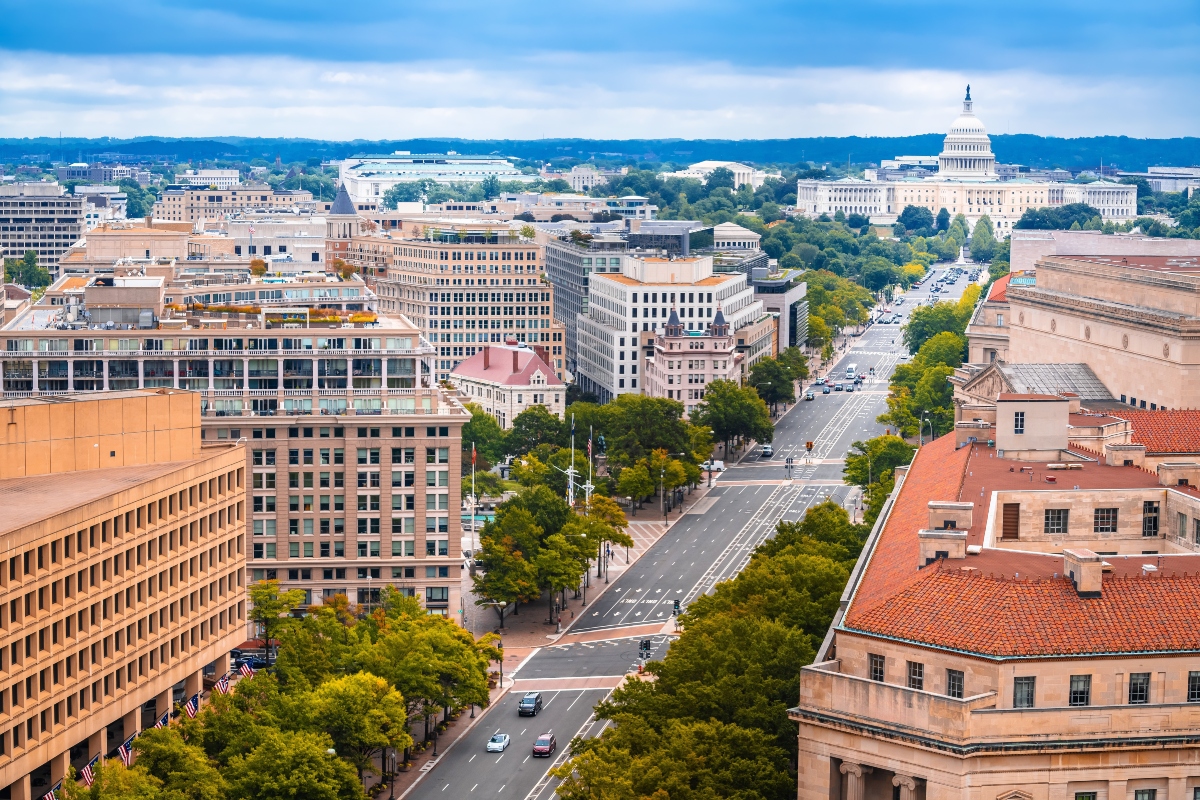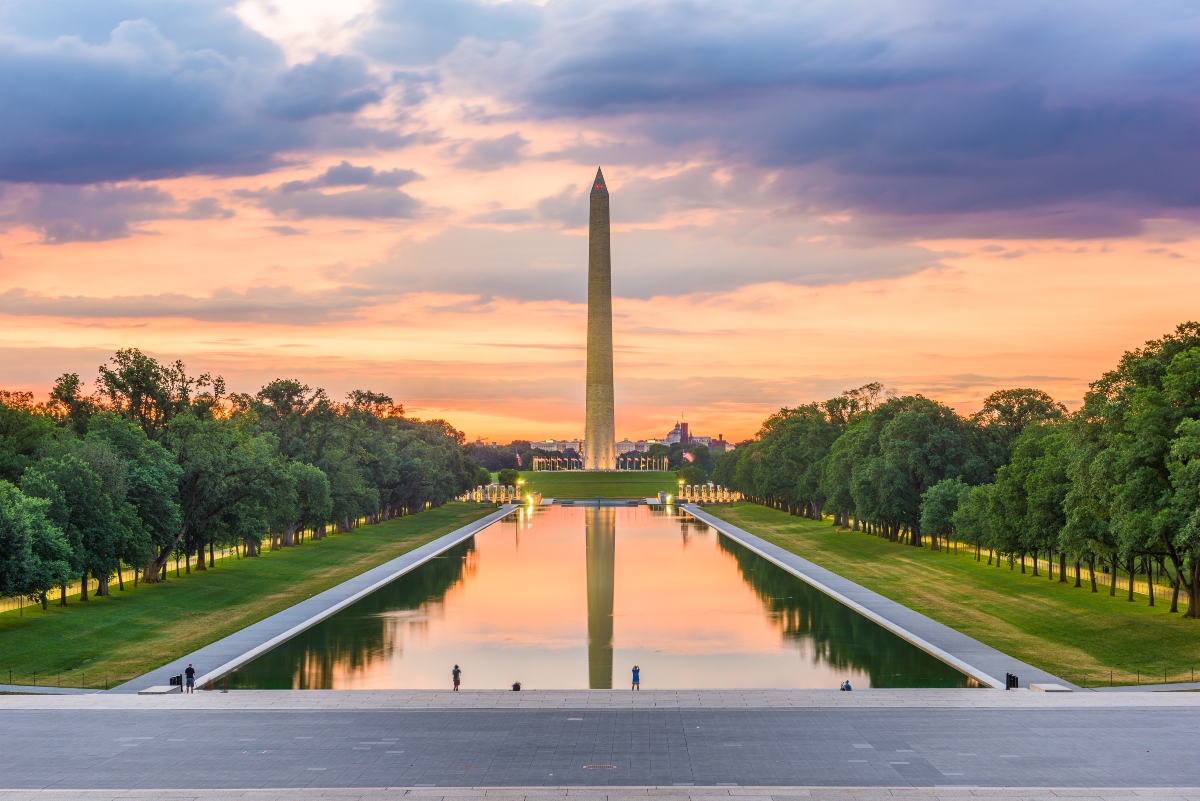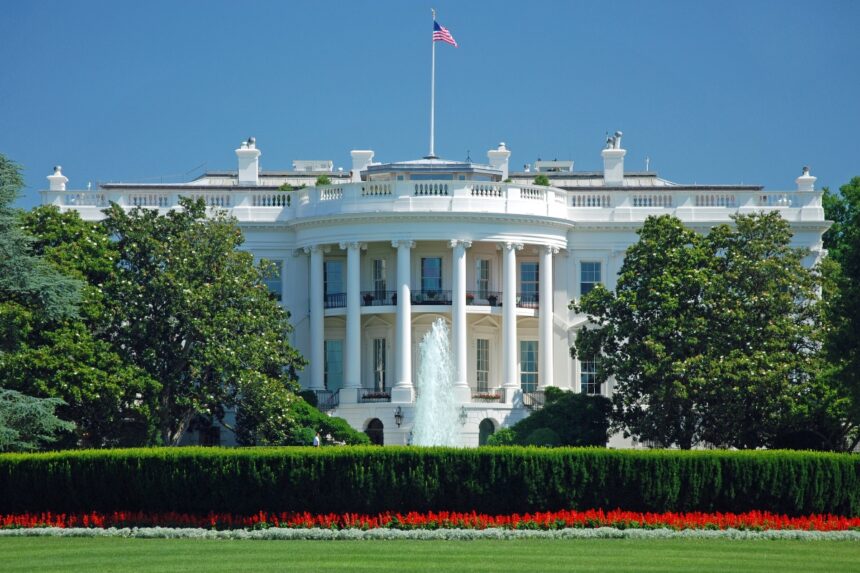Washington D.C. is recognized today as the political epicenter of the United States, but its designation as the national capital was the result of a series of historic decisions and events that shaped the course of the nation.
Below, we explore the evolution of the U.S. capital and the cities that played that role prior to the construction of Washington D.C., now the center of U.S. politics.
The cradle of independence and first capital

Philadelphia, Pennsylvania, was pivotal in the dawn of the nation.
Here the Declaration of Independence was signed in 1776 and the Constitution was written in 1787.
The city served as the seat of the Continental Congress and, later, as the provisional capital while the location of a permanent capital was being decided.
Philadelphia continued to perform capital functions until 1800, when Washington D.C. was ready to assume the role of national capital.
Other cities that hosted the federal government

Prior to establishing a permanent capital, several cities served temporarily as the seat of the U.S. government.
Baltimore, Maryland: During the Revolutionary War, Congress moved to Baltimore in 1776-1777 to escape British forces.
Lancaster and York, Pennsylvania: In September 1777, Lancaster was the capital for one day when Congress met there before moving to York, where it remained for nine months.
Princeton and Trenton, New Jersey: Princeton hosted Congress in 1783 and Trenton in 1784, both serving briefly as capitals.
Annapolis, Maryland: Home of Congress from 1783 to 1784, it was here that George Washington resigned his military commission.
These cities played temporary roles while the young nation searched for a permanent location for its capital
The creation of Washington D.C.

The need for an independent federal capital led Congress to pass the Residence Act in 1790, authorizing the creation of a federal district.
President George Washington selected a strategic location along the Potomac and Anacostia Rivers, on land ceded by Maryland and Virginia.
The design of the city was commissioned to architect Pierre Charles L’Enfant, who planned a metropolis with wide avenues and public spaces.
Construction of the new capital progressed rapidly, and in 1800, Congress met for the first time in Washington, D.C.
Since then, the city has been the political center of the country, housing emblematic institutions such as the White House and the Capitol.
The neutral center for the capital
The designation of Washington D.C. as the capital of the United States was the result of political compromises and the vision of creating a neutral center for the federal government.
Prior to their establishment, cities such as Philadelphia and New York played crucial roles in the formation of the nation, serving as temporary capitals during key periods of American history.
Find out more at QueOnnda.com.














